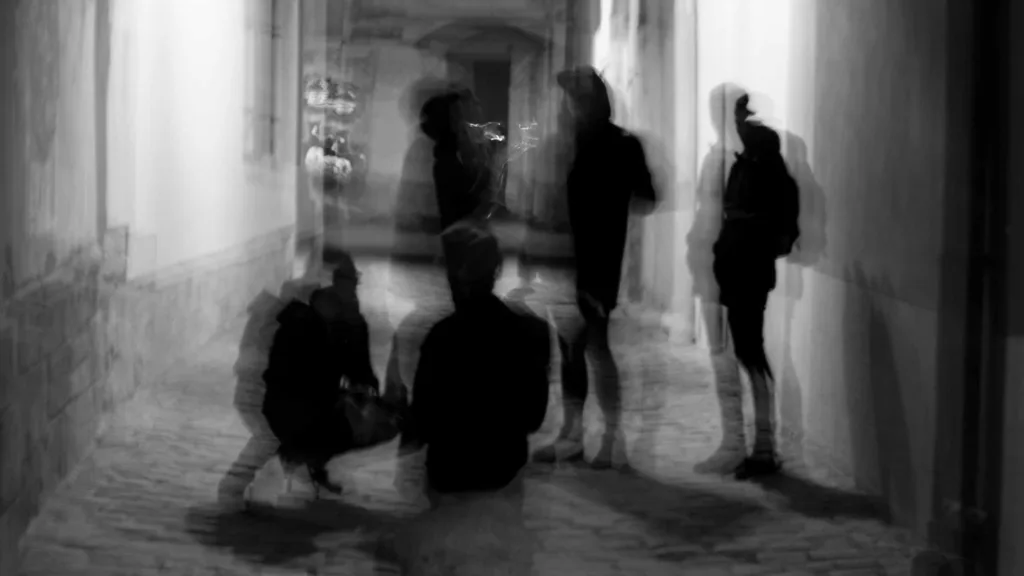Fainting, also known as syncope, happens when someone suddenly passes out because their brain doesn’t get enough blood flow for a short time. But not all fainting has physical reasons. Psychogenic pseudosyncope is a type of fainting that looks like syncope but doesn’t happen because of a clear physical problem. It’s like a puzzle for doctors because it’s hard to figure out and treat. In this article, we’ll talk about psychogenic pseudosyncope, what it is, why it happens, how doctors diagnose it, and what they can do to help.
What is Psychogenic Pseudosyncope
Psychogenic Pseudosyncope, also called non-epileptic psychogenic seizures (NEPS), is when someone appears to faint, but it’s not because their body’s blood pressure drops or their brain isn’t getting enough blood. Instead, these fainting-like episodes happen because of psychological or emotional reasons. For example, imagine someone who gets extremely scared during a stressful situation. They might suddenly faint, even though their body is actually okay. This fainting isn’t caused by a physical problem but by their mind reacting strongly to stress or fear. That’s what psychogenic pseudosyncope is all about.
What Triggers Psychogenic Pseudosyncope
Psychogenic Pseudosyncope can happen because of different things that stress you out or make you feel upset. Some common triggers include:
- Stress: Feeling very stressed or anxious, especially in situations like work, school, or home, can make you faint-like.
- Strong Emotions: Feeling really scared, sad, angry, or grieving can also lead to fainting episodes. Going through tough times, like losing someone you love or experiencing something traumatic, can be triggers too.
- Past Bad Experiences: If you’ve been through tough times before, whether they were physical, emotional, or mental, it might make you more likely to have psychogenic pseudosyncope.
- Conversion Disorders: Sometimes, your mind can turn emotional stress into physical symptoms, like fainting, even though there’s nothing wrong with your body.
- Anxiety Disorders: Conditions like panic attacks, being really anxious all the time, or having PTSD can increase your chances of fainting. When you’re anxious, it can make you feel like you’re going to faint.
- Personal Triggers: Some people have specific things that make them more likely to faint, based on their own experiences or fears. These triggers could be connected to past bad experiences, things you’re scared of, or situations that bring up strong emotions.

Symptoms
- Suddenly Passing Out: People with Psychogenic Pseudosyncope can suddenly faint or collapse without any clear reason.
- Not Responding: While unconscious, they won’t respond to what’s happening around them.
- Body Twitching: Some may have jerky or twitchy movements in their muscles, almost like a seizure.
- Pale Skin: Their skin might turn pale because of less blood flow.
- Quick Recovery: They usually recover pretty fast, not feeling weak or confused for long afterward.
- Remembering Everything: They remember what happened before and after the fainting spell, unlike someone who truly faints or has a seizure.
- Stable Body Signs: Their heart rate and blood pressure stay steady during the episode, unlike when someone faints due to low blood pressure.
- No Injuries: Since the fainting isn’t caused by a physical problem, they usually don’t hurt themselves when they fall.
Diagnosis
Here’s a simpler breakdown of how doctors figure out if someone has Psychogenic Pseudosyncope:
- Talking About Your Health: Your doctor will ask questions about your health, any times you’ve fainted, and how you felt before and after.
- Checking Your Body: They’ll do a physical exam to look for any signs that might explain why you’re fainting.
- Tests to Rule Out Other Problems: They might do tests like heart checks, blood tests, or scans to make sure there’s no other medical reason for your fainting.
- Recording Your Brain Activity: Sometimes, they’ll monitor your brain’s activity using special equipment while you’re fainting to see if it’s caused by something like epilepsy.
- Talking About Your Feelings: Since stress and emotions can play a big role, they might ask about your feelings and experiences to understand if there are any psychological reasons behind your fainting.
- Trying to Trigger Fainting Safely: In some cases, they might try to make you faint safely in the doctor’s office to understand better what’s causing it.
Related Article: Psychogenic Dizziness: Causes, Symptoms, and Treatment
How to cope
Managing psychogenic pseudosyncope is like solving a puzzle to figure out what makes you faint. It’s about finding your own special ways to stay calm and cool, like taking deep breaths or talking to someone who understands. Sometimes, chatting with a pro can give you the right tools to handle those tricky feelings that might be causing the fainting. And don’t forget about staying healthy by eating right, moving your body, and getting enough rest.
Keeping track of when you feel dizzy and what’s happening around you can help you and your doctor find the best plan to keep those fainting spells at bay. Learning more about Psychogenic Pseudosyncope is like being the detective of your own health, helping you take charge and feel better.
Psychogenic pseudosyncope is when our brain and emotions affect our body, causing fainting-like episodes. It’s tricky for doctors to deal with, but it’s crucial they understand it. By combining medical and emotional care, we can help people with this condition feel better. Being kind, patient, and working together as a team is really important in helping those dealing with this.
